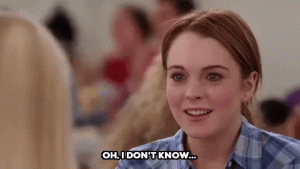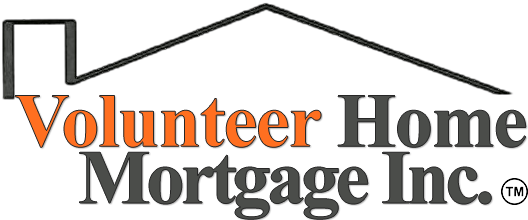The thought of buying a home can be scary. All the paperwork, getting your credit in order, building up your savings for a down payment, getting approved or having the chance of getting denied for a loan. It’s all so… BIG.
But, did you know that your down payment doesn’t actually need to be so big? And did you know that even if you have already owned a house, that you can use the FHA loan?
MYTH-BUSTER:

FHA doesn’t stand for “first time home buyer” but actually, “Federal Housing Administration!”
There has been a major misconception about FHA loans over the years with buyers thinking that only first time buyers can utilize it. This couldn’t be further from the truth!
Why is an FHA ideal?
- More lenient on your credit than a conventional loan
- 3.5% down payment (This can be a gift) with a credit score of 580 or higher (nerdwallet.com)
- You are eligible even if you had a foreclosure 3 years ago. Conventional loans require you to wait 7 years
- Possibility for lower mortgage insurance payments than conventional loan.
- Typically have lower interest rates, leading to lower mortgage payment
- In this area, the seller will typically help pay closing costs which is ideal for buyers who do not have a large savings built up
So, who can qualify for an FHA loan?

Individuals with lower credit scores. Life happens, right? Sometimes credit scores take a dive when you least expect it or at the worst times. Luckily, an FHA loan allows for as low as 500. Just be aware that the closer you are to 500, the higher the down payment will need to be.
Anyone who had a foreclosure over 3 years ago. This may seem like a big number if you had a foreclosure, but conventional loans actually require you to wait 7 years before qualifying for a loan if you had a foreclosure.
Someone with steady income. In order to qualify, the individual needs to have had steady income over the past two years, a valid social security number and you need to lawfully live in the United States.
What can I buy?
Single family homes, modular homes and manufactured homes!
The Down Payment
Why is it important that your down payment can be gifted to you? It might seem miniscule that the minimum 3.5% down payment can be a gift, but this is actually prohibited with other loans.
For buyers with low savings built up who still would like to or need to buy a house, can have family members gift them the money to cover the down payment.
For areas where the renters market is much less affordable than the prices of homes for sale, this is ideal. As rent goes up, it becomes increasingly hard for younger or low-income families to have a good quality of life.
Having the chance to be gifted your down payment AND have a mortgage more affordable than renting a home that is not your own…how can you lose?
What’s the catch?

Some things just sound too good to be true, right? So what’s the catch with the FHA loan? One aspect that someone could see as a downside to the FHA loan is that the property has to be your primary residence.
Meaning, you cannot use the loan to purchase a rental property that would bring you income. This is why you are not able to purchase multi-family properties since they are typically used for rental income.
FHA borrowers are also required to pay FHA mortgage insurance. This insurance is very much like Private Mortgage Insurance (PMI) which is what lenders require with other types of mortgages when a buyer has a down payment of less than 20%.
The FHA mortgage insurance works in two different ways:
- Wrapped up in your monthly payment
- Pay the amount upfront as part of your closing costs
The monthly cost included in your monthly payment can vary based upon the amount that you put down, the length of your loan (typically 30 years), and the original loan-to-value ratio. This could .45% of the loan or as much as .85% of the loan.
If you pay the amount upfront, the cost is 1.75% of the total loan amount
These extra costs are how FHA protects itself. Those premiums are put into a fund which is used to pay lenders in case of any defaults. These premiums actually increased after the FHA experienced a major loss in 2013.
Due to this loss, the FHA also made a change to how long their mortgage insurance remains on the loan payment. If the borrower puts down at least 10%, they will only have their mortgage insurance on the loan for 11 years. Whereas, if a borrower puts down less than 10%, like the minimum 3.5%, it will remain for the entire life of the loan.
If the borrower eventually wants to take off that mortgage insurance, they have the option to refinance when they are qualified to do so.
In Summary
As with any loan, there are pros and cons depending on what stage of life you’re in.
Volunteer Home Mortgage prides ourselves on our expertise in looking out for our clients. We always want to guide our clients in the right direction and make sure that our clients are fully informed and know what they are getting into.
FHA loans are a fantastic option for the right borrower, just like any other kind of loan! If you feel as though the FHA loan sounds like something you want to learn more about, we’d love to help you.
